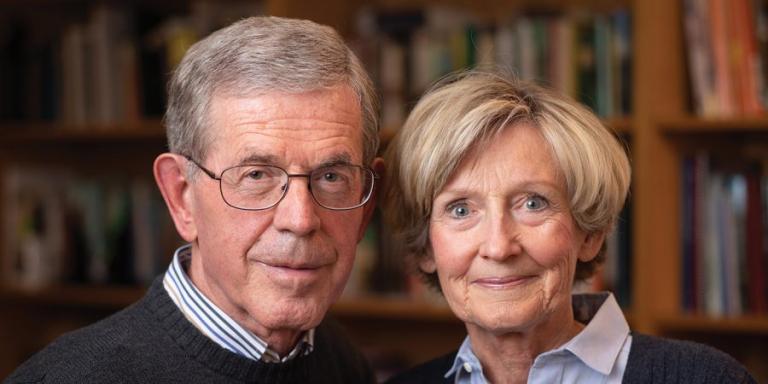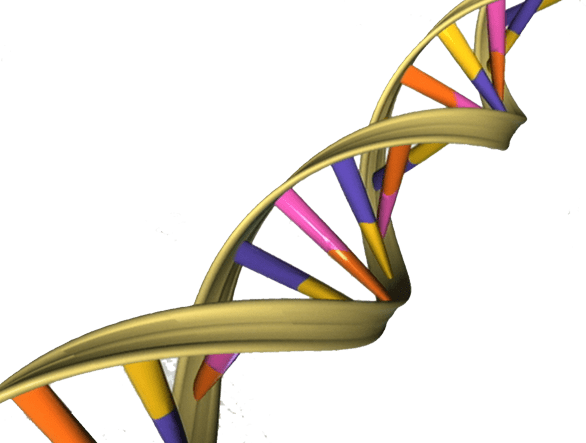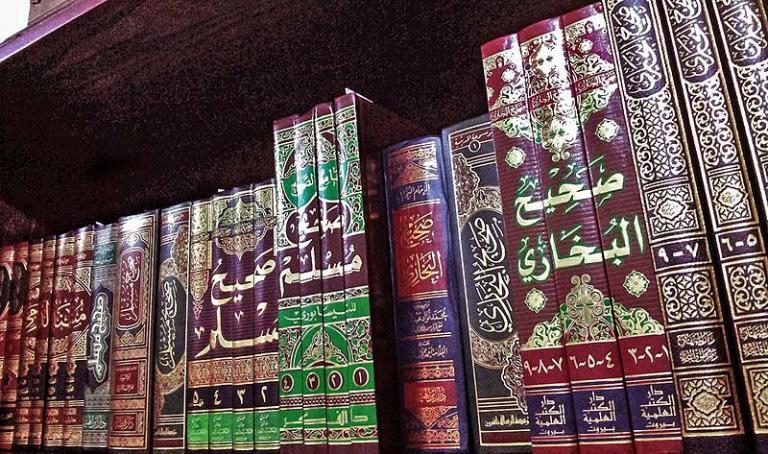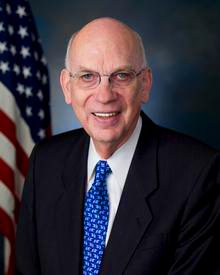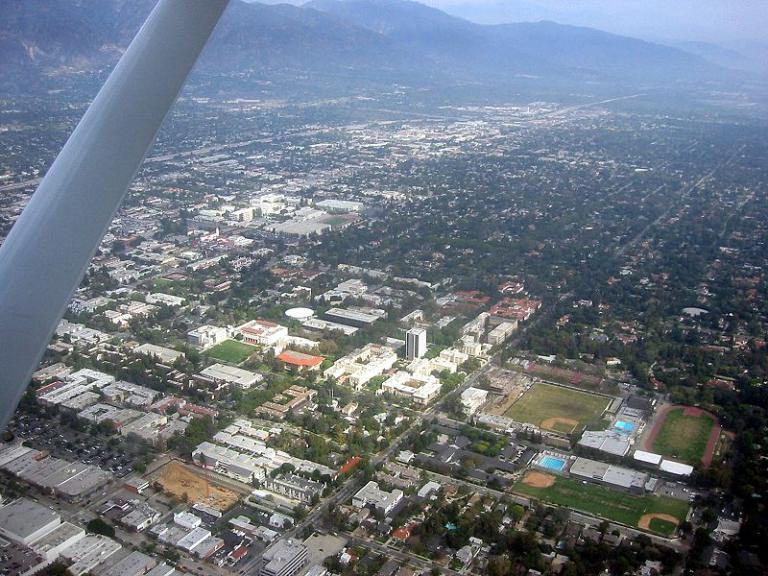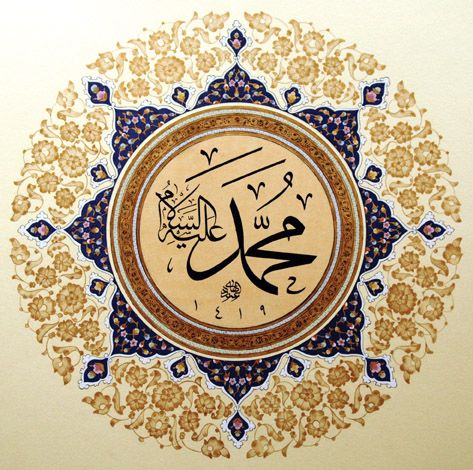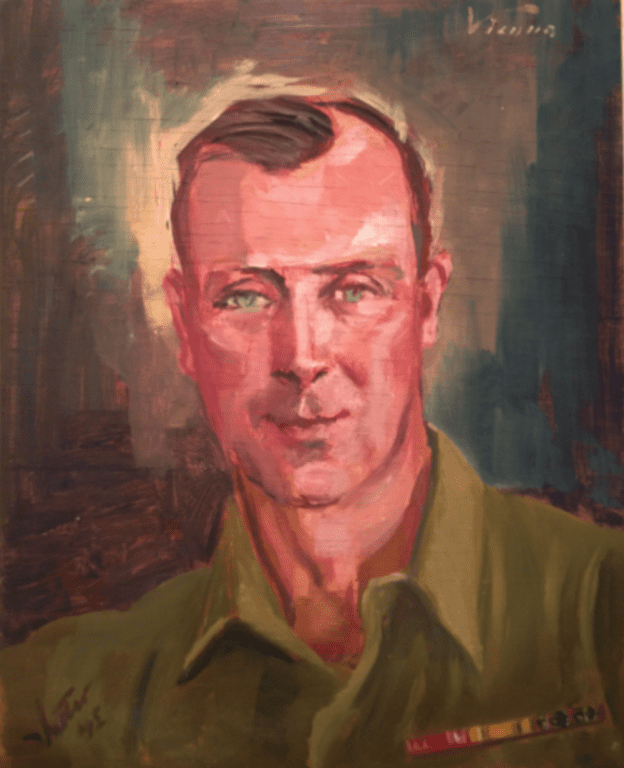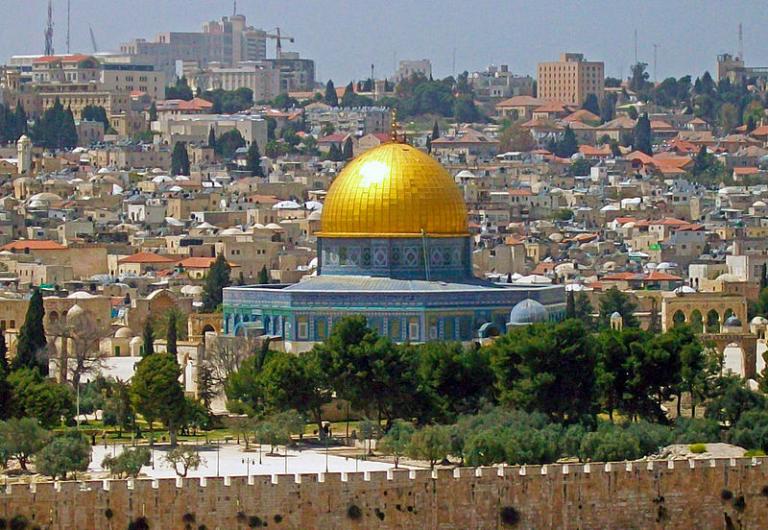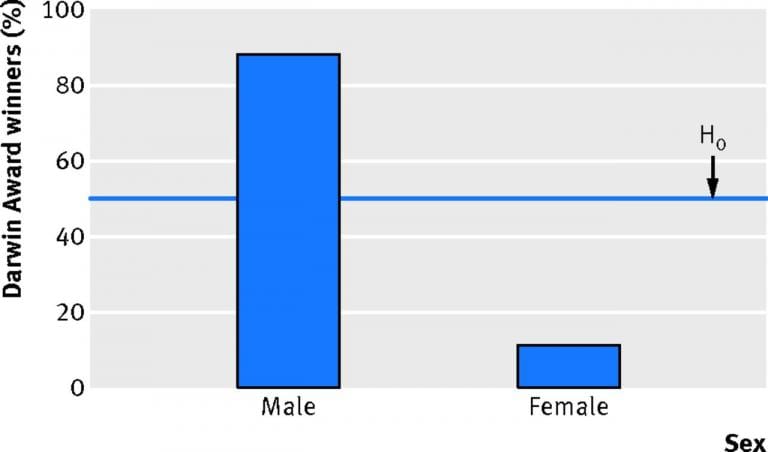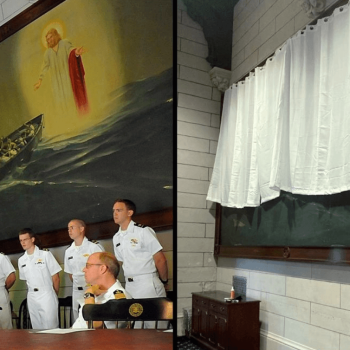Actually, what I have been saying is an oversimplification. It was only gradually that the chain of transmitters, known in Arabic as an isnad, became a required part of a hadith report. For approximately the first century after the death of the Prophet, no special care was taken in the transmission of traditions about him. Perhaps the Muslims could not imagine anybody willing to lie or to forge in the name of religion. If so, they were naive,... Read more



